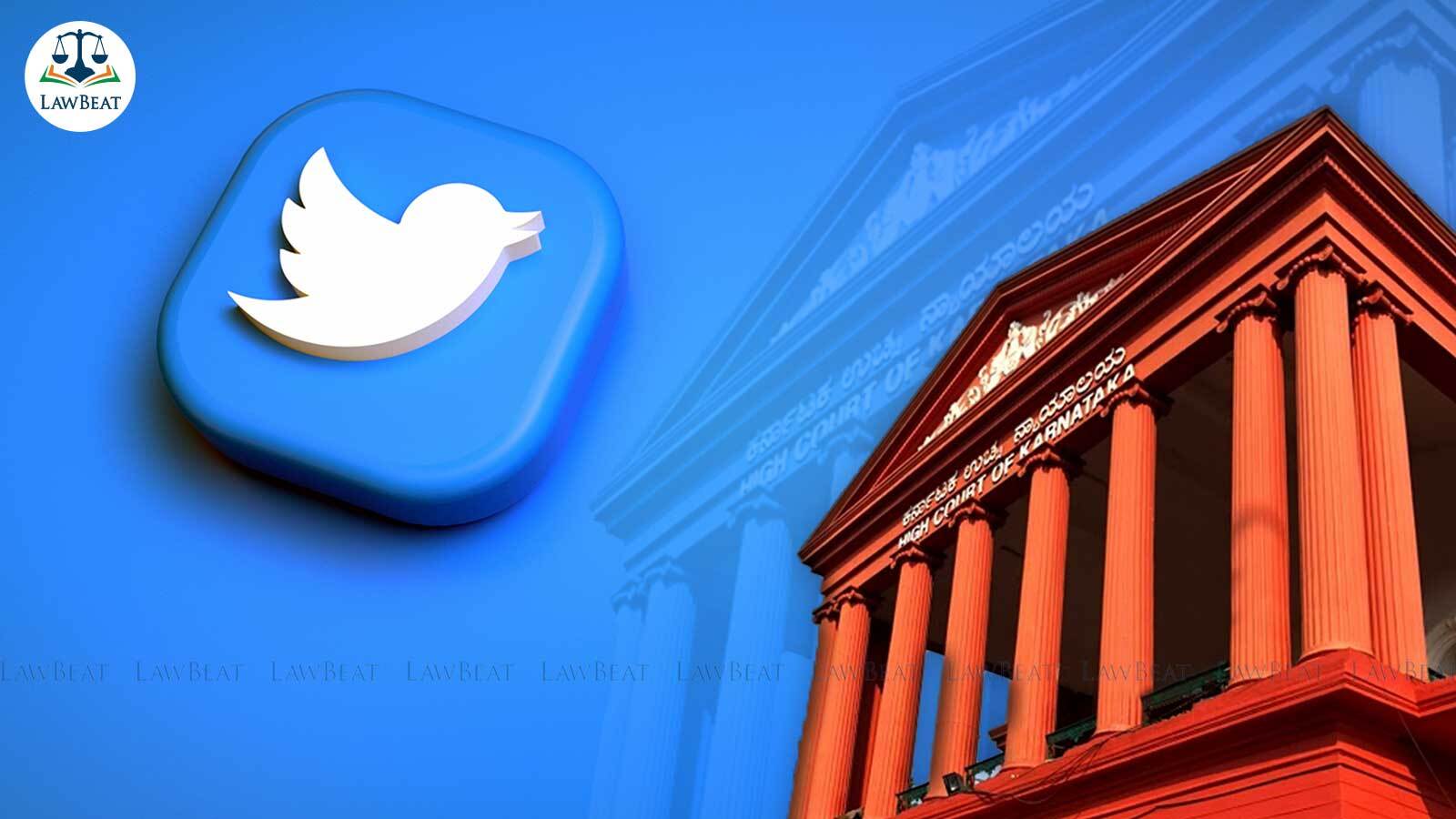Karnataka HC dismisses Twitter's plea against blocking orders; Imposes Rs 50 lakh cost

A single judge bench of Justice Krishna S Dixit also imposed Rs 50 lakh cost on Twitter for not complying with the government’s directions.
The Karnataka High Court has dismissed a writ petition filed by Twitter, the US-based micro-blogging platform against the orders issued by the Union government to blocking certain tweets and accounts.
The court highlighted the issue of abuse of social media, which is at times, antithetical to the democratic process and has led to manipulation and fragmentation of society on the tainted lines of political ideologies.
A single judge bench of Justice Krishna S Dixit also imposed Rs 50 lakh cost on Twitter for not complying with the government’s directions and resorting to speculative litigation.
The court has also rejected a plea by Twitter for laying down guidelines on the issue, saying there are enough checks and balances that regulate the exercise of that power in the light of the Supreme Court's judgement in the Shreya Singhal case.
In its plea, Twitter stated that on February 2, 2021, the ministry of electronics and information technology (MeitY) had issued orders to block 256 URLs and one hashtag. Subsequently, till February 28, 2022, a total of 1,474 accounts and 175 tweets were ordered to be blocked.
Of the total URLs ordered to be blocked, the petitioner, however, preferred to challenge the blocking orders pertaining to only 39 URLs.
Twitter primarily challenged the legality of blocking orders under Section 69A of the IT Act.
The court, however, said that no provision in the Information Technology (IT) Act or in the Website Blocking Rules is pointed out to show that the respondents are under a legal duty to consider the request for review of the blocking orders.
The bench also pointed out that being an intermediary, Twitter cannot invoke rule 8(1) of Website Blocking Rules as a launchpad of its tirade, when the said rule is promulgated to protect the interests of only users of account and not others.
“Notice to users of account in terms of rule 8(1) of the Website Blocking Rules is not mandatory and that in any event, the absence of such notice does not avail to the intermediary as a ground for assailing the blocking orders,” the court said.
The court also pointed out, “There were repetitive posts and some originators had behavioural antecedents of repetitive posting or potential and their highly objectionable tweets had a great propensity to incite anti-national feelings. Added, it is not that the decision to block the accounts has been recklessly taken. Fairness is exhibited by removing the blockage of 10 accounts out of 11, in the committee meeting held on June 30, 2022, which is admitted by the petitioner.”
The court also said that the power to block under section 69A (1) of the IT Act read with Website Blocking Rules is not tweet-specific but extends to user accounts in their entirety.
"A statute has to be construed as a living law of the people. It hardly needs to be stated that law is not a slave of the dictionary, nor a captive of grammar. The restrictive interpretation that the ban is tweet specific may make the provision otiose," it said.
The court pointed out that the intent of section 69A of the Act is not merely penal and curative but also preventive.
"Considering the detailed procedure to be adopted before imposing a ban which inter-alia includes clear 48 hour notice, the very purpose of ban may be unfulfilled as the subject tweet would have spread like wild fire by then. A tweet specific ban may encourage the tweeter to get into ‘better luck next time’ approach. Instead, a ban that extends to account could serve a deterrent effect and thus subserve the objective of the Statute," it said.
"State need not await the arrival of an avalanche of mishaps; it can take all preventive measures, in anticipation of the danger, more particularly when undoing of the damage is difficult, regard being had to its enormity. To put it metaphorically, a surgeon does not wait till gangrene is developed. A stitch in time saves nine," it added.
In its findings, the court noted that Twitter had demonstrably adopted a tactical approach to delay compliance which showed its intent to remain non-compliant to Indian law.
“There is a willful non-compliance of the blocking orders; arguably, such an act amounts to an offence under section 69A (3) of the IT Act. The cascading adverse effect of non-compliance of such orders, needs no research, nor reiteration. Abruptly, the impugned orders have been implemented with a clandestine caveat of reserving the right to challenge. This is a classic case of speculative litigation and therefore, the petitioner is liable to suffer levy of exemplary costs,” the court said.
Imposing the heavy cost, the court said the amount is payable to the Karnataka State Legal Services Authority within 45 days. If the delay is brooked, the petitioner has to pay an additional amount of Rs 5,000 per day, it said.
